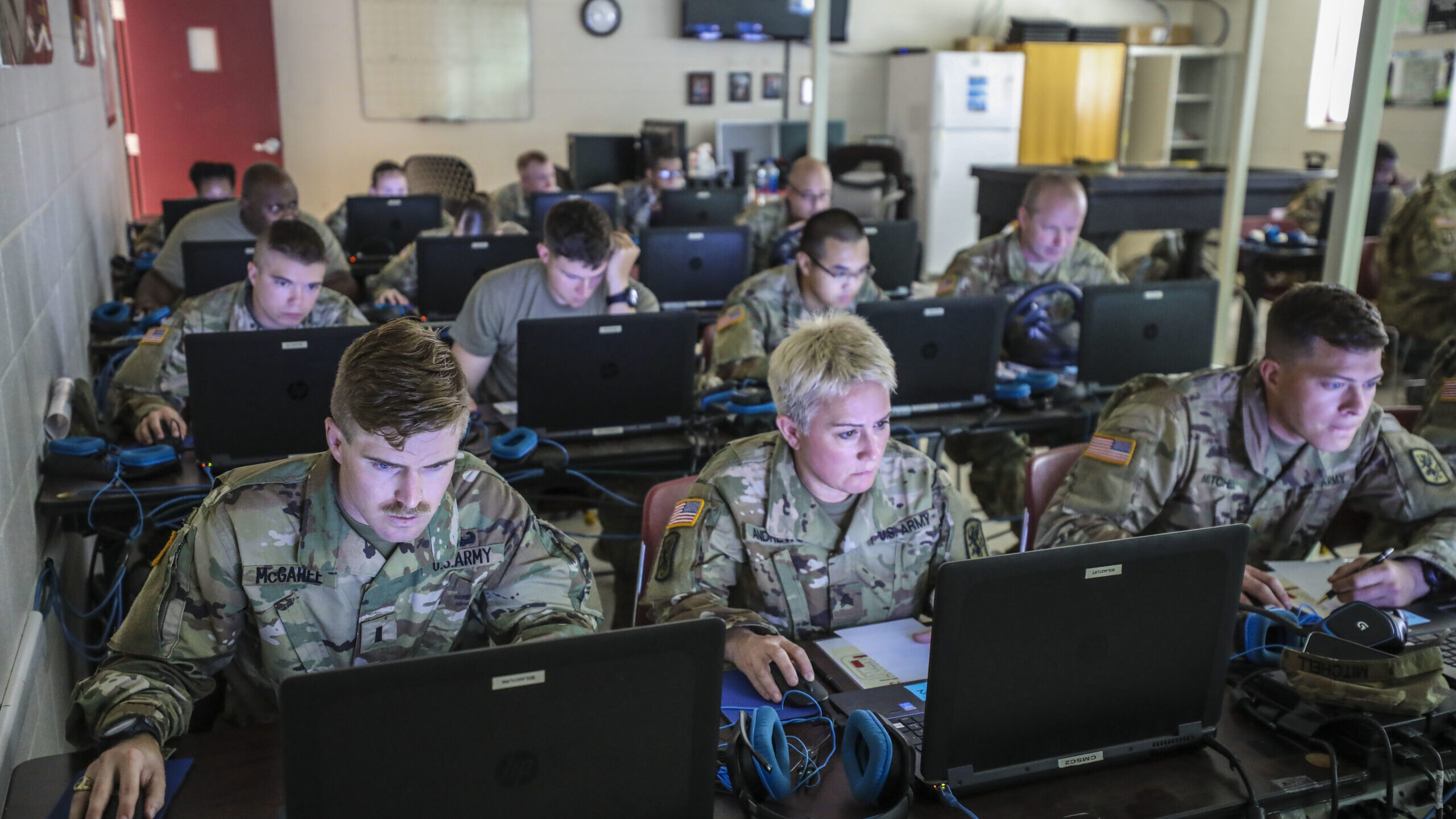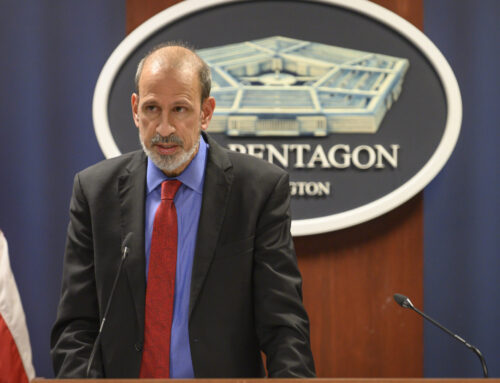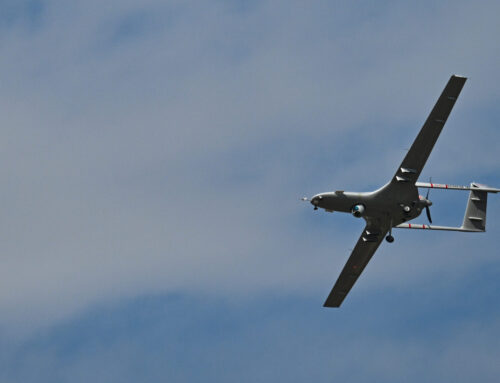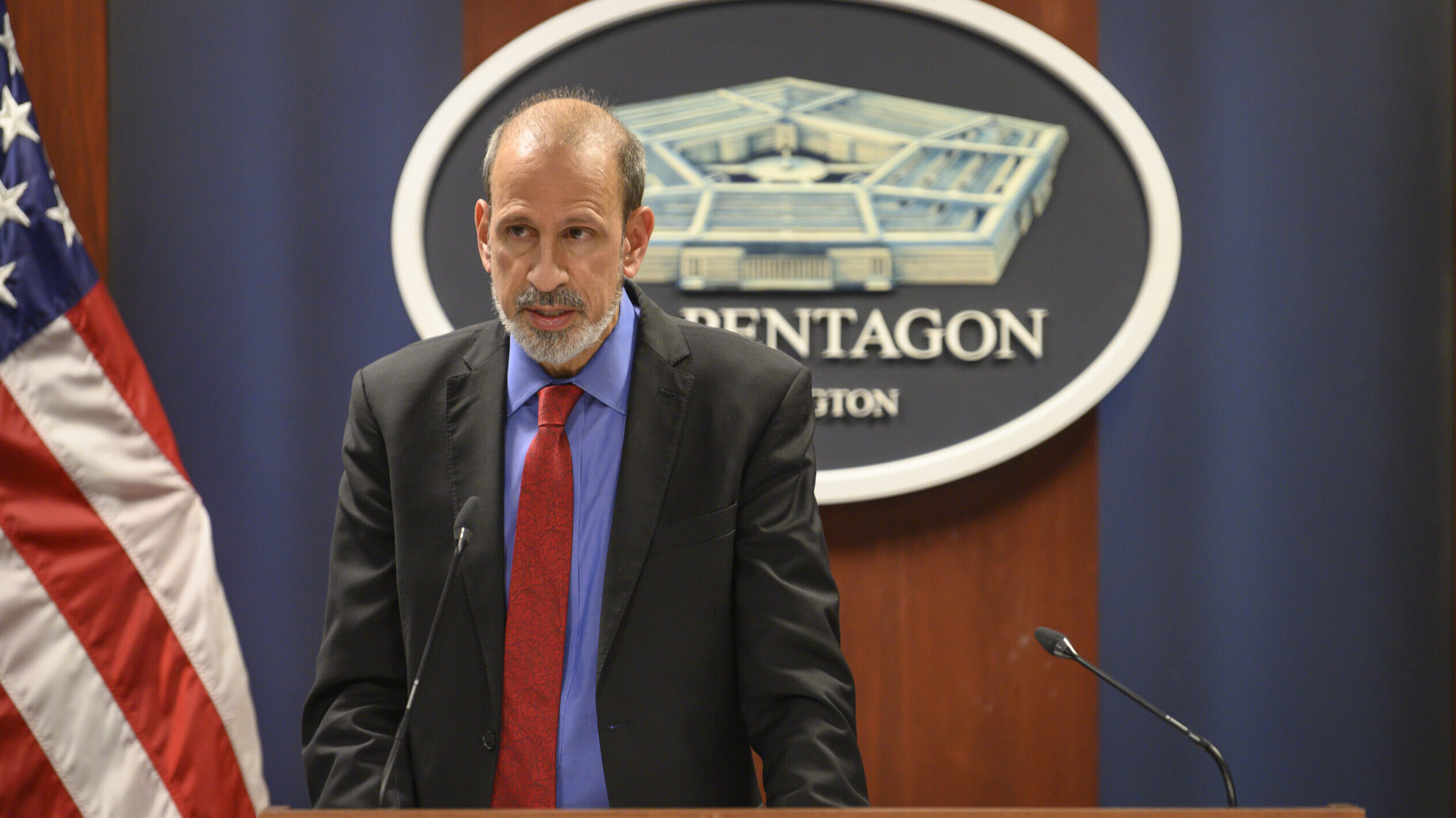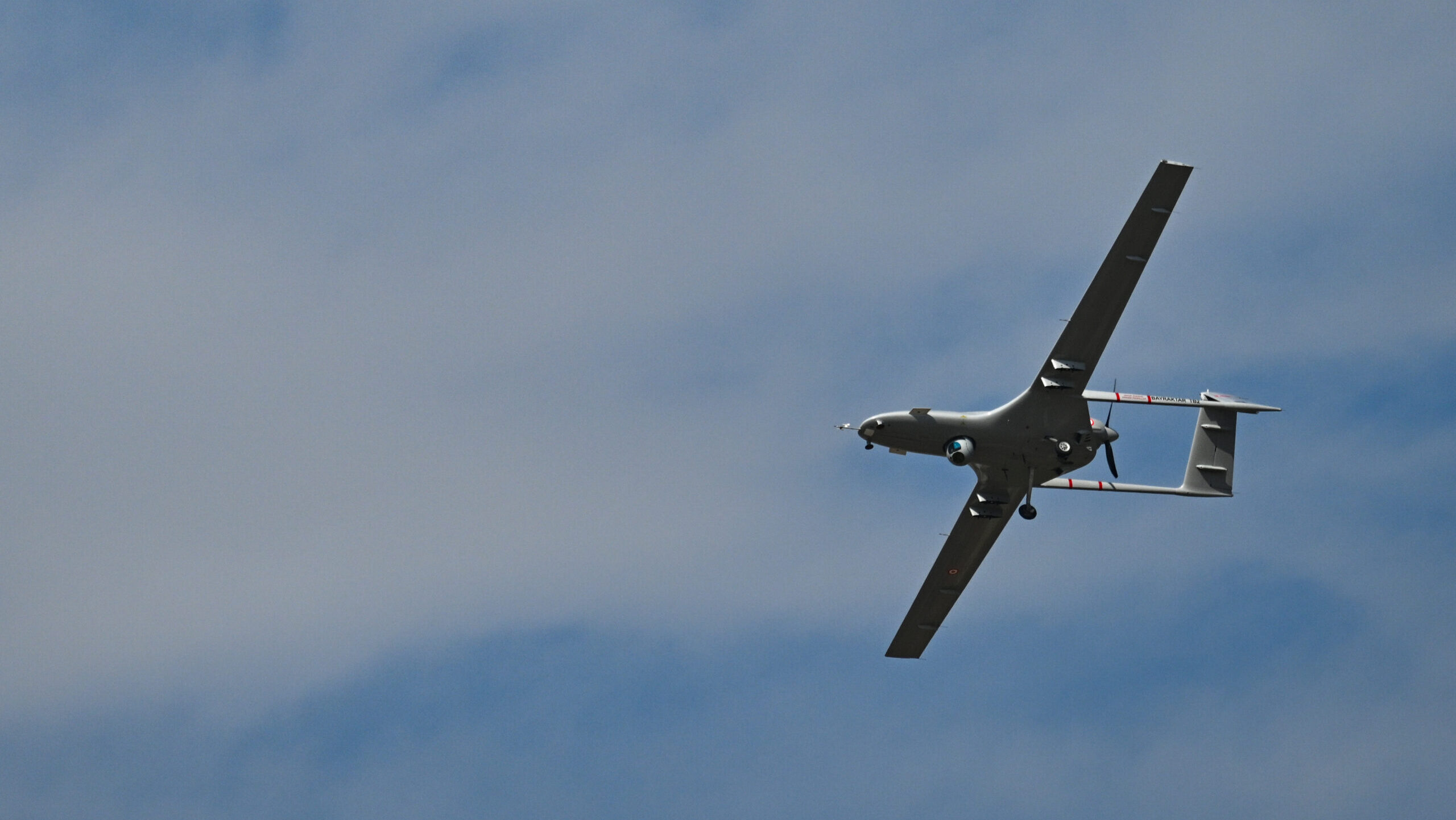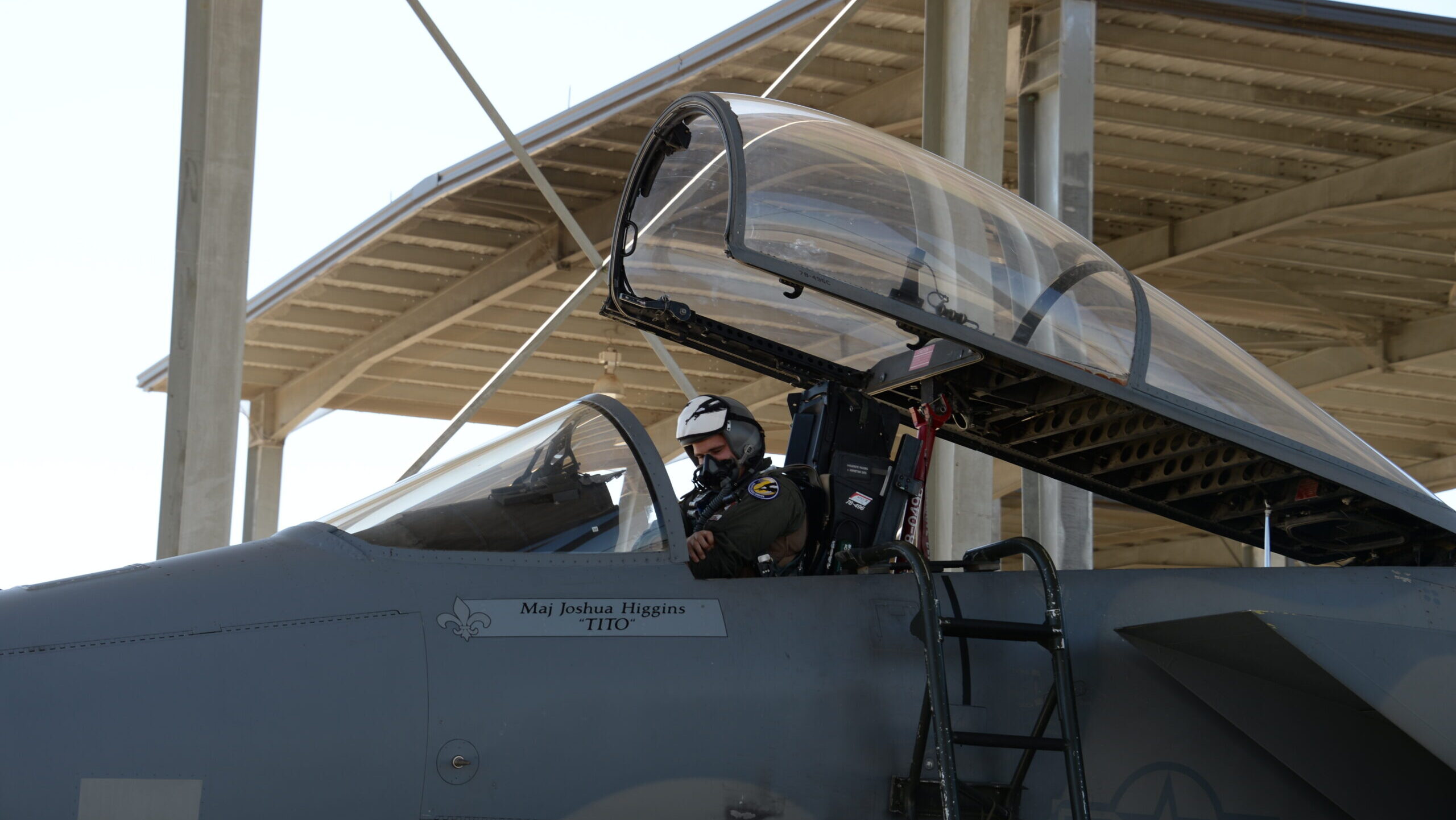A group of Army Reserve Soldiers from the 371st Chemical Company, 457th Chemical Battalion, 415th Chemical Brigade, 76th Operational Response Command, based out of Greenwood, South Carolina, watch their computer monitors as they undergo virtual battlespace training at Camp McCrady, South Carolina June 16. (Official U.S. Army Reserve photo by Sgt. 1st Class Brent C. Powell)
WASHINGTON — The Pentagon has formally requested that lawmakers shut down a legislative proposal that would mandate an independent assessment of the establishment of a separate cyber service, three sources familiar with the matter told Breaking Defense.
The Record first reported that the DoD’s request was submitted to both the House and Senate Armed Services committees as part of a series of appeals to drafts related to cybersecurity in the 2025 National Defense Authorization Act (NDAA).
The appeal by the DoD contended that Congress had already called for an assessment of the current cyber landscape within the Pentagon, which included the potential for creating a cyber service in the 2023 NDAA, according to The Record. The Pentagon did not immediately respond to Breaking Defense’s request for comment.
“DoD did express opposition to the provisions. However, it’s not unusual for DoD to express their opinion on provisions in the NDAA. They do so frequently on hundreds of provisions throughout the bill,” one senior committee aid told Breaking Defense.
The idea of standing up a separate cyber service has long been a controversial topic in the department. Last year, officials warned that even though the service would confer some benefits, it’s likely that it would create confusion and overlap between the existing services’ cyber initiatives.
“A cyber service might have some benefits in ease of administrative management, but we have a variety of … military services in the Department of Defense who perform a variety of missions,” Mieke Eoynag, the deputy assistant secretary of defense for cyber policy told reporters at a Defense Writers Group last year.
She added that “having a cyber service that is divorced from those particular mission sets may pose some challenges in understanding the warfighting needs of the services to provide cyber to enable that fight.”
“I think the question is that for people who think the cyber service is the answer to our … current challenges in cyber personnel management: be careful what you wish for,” she concluded.
Related: ‘Be careful what you wish for:’ DoD official warns separate cyber force could pose new challenges
In April Rep. Mike Gallagher, R-Wisc., highlighted a study published by The Foundation for Defense of Democracies that called for a new independent service to sort out the “inconsistent” nature of the current cyber set-up, as an FDD analyst put it.
“I will admit, I was skeptical at first; but over the last 18 months, I have been presented with an astounding array of data and rational arguments in favor of a Cyber Force, as well as a number of convincing arguments opposing such a force,” Gallagher, chairman of the Cyber, Information Technologies and Innovation Subcommittee, said in an April 10 hearing. “In my mind, the most logical way to address this question is a fully independent evaluation of a notional Cyber Force, to be led by an entity other than the Department of Defense.”
Lawmakers will have their first opportunity to craft a final version of the NDAA after the presidential election in November, when both the House and Senate return to Capitol Hill.


